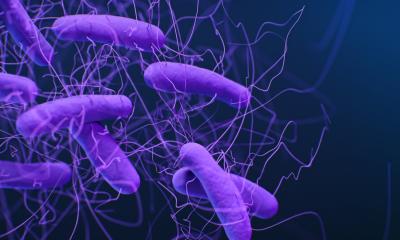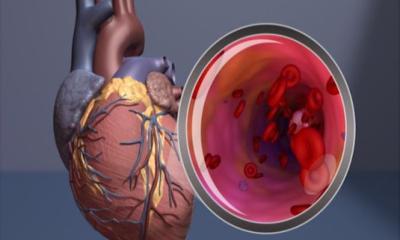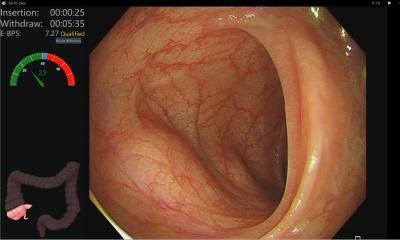Unique bacterial fingerprint identified in systemic sclerosis
The results of a study presented today at the European League Against Rheumatism Annual Congress (EULAR 2015) Press Conference showed that people with systemic sclerosis (SSc) have a unique bacterial signature in their colon, when compared with healthy people.

These findings suggest that changes in the gut ecology could contribute to the clinical symptoms of SSc, and could be used to diagnose the condition, and in the development of alternative treatments.
Systemic sclerosis (SSc) is an autoimmune disease affecting multiple organs. Up to 90% of people with SSc will suffer from gastrointestinal tract involvement, which causes symptoms ranging from reflux, difficulty swallowing and feeling bloated or full, to diarrhoea, constipation and faecal incontinence.
"Although gastrointestinal tract dysfunction is a major cause of morbidity and mortality in patients, its aetiology has always remained elusive," said study investigator Dr. Elizabeth Volkmann, University of California, Los Angeles, David Geffen School of Medicine, United States. "By identifying significant differences in bacteria - both in type and quantity - seen in the colons of healthy individuals and those with SSc, we hope to have pinpointed the exact changes in body ecology that may contribute to the clinical symptoms of this disease. We believe investigating this specific microbial signature further has the potential to lead to better diagnostic tools and treatment for a truly debilitating condition."
Seventeen patients with SSc underwent colonoscopy, and were scored for distention/bloating, faecal soilage (incontinence), diarrhoea, constipation, emotional wellbeing and social functioning. The composition of microbial communities in the first part of the large intestine (caecum) and last part of the large intestine (sigmoid) were compared with healthy individuals.
The data showed significant differences between patients with SSc and healthy individuals, with a marked reduction in specific bacteria known to supply essential nutrients (commensal bacteria; Bacteroides and Faecalibacterium), and increases in bacteria causing infection (pathogenic bacteria; Enterobacteriales and Fusobacterium). This is the first study to directly examine the microbial makeup of the colon, and suggests that an imbalance in bacteria is a feature of SSc.
Source: European League Against Rheumatism
11.06.2015





